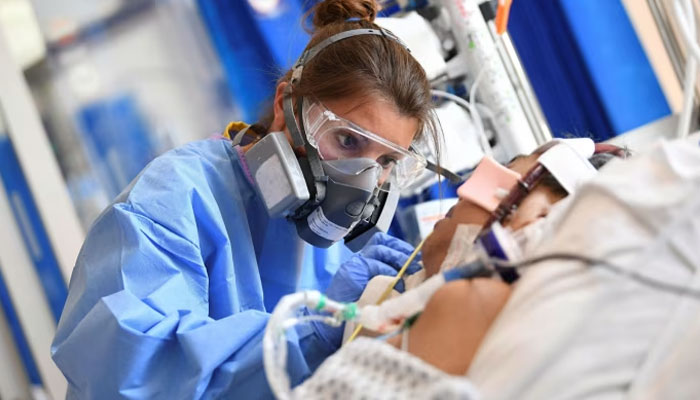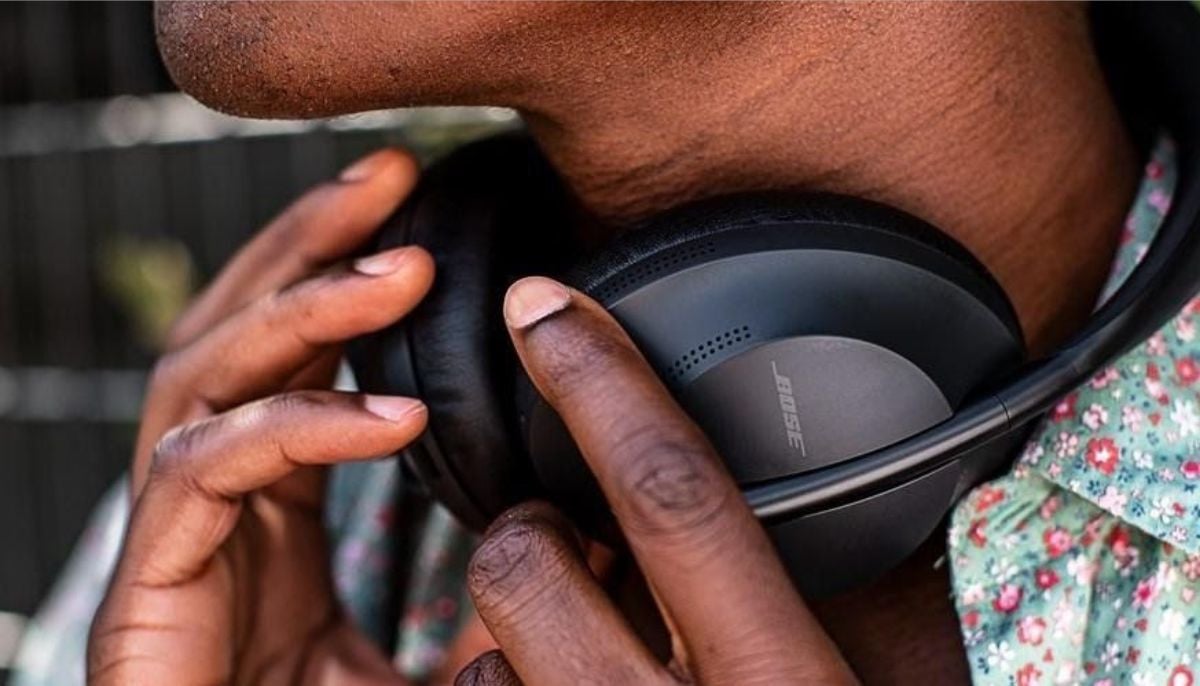Hope for long Covid patients: New study explains what causes persistent fatigue, brain fog
Study promises possibilities for unraveling mysteries of long Covid, providing relief for those grappling with its enduring impact.
Ever wondered why some people with long Covid experience persistent fatigue and brain fog?
A recent study offers hope, shedding light on the underlying cause of these debilitating symptoms.
In a groundbreaking revelation, scientists followed 113 Covid patients for a year, uncovering a crucial link to the prolonged effects of the virus. At the six-month mark, 40 patients developed long Covid symptoms, paving the way for a deeper investigation into the molecular mechanisms at play.
The key culprit is persistent activation of the complement system, a vital part of the immune system. Normally, this system activates to eliminate viruses and bacteria during an infection, then returns to a restful state. However, in long Covid patients, the complement system remains on high alert, damaging healthy cells in the process.
“When you have a viral or bacterial infection, the complement system becomes activated and binds to these viruses and bacteria and then eliminates them,” said Dr Onur Boyman, a professor of immunology at the University of Zurich in Switzerland and one of the study’s investigators.
The consequences are profound. Tissue damage and microclots in the blood ensue, explaining the often-disabling symptoms associated with long Covid. Even routine activities like exercise become problematic. The heart's efforts to pump more blood during exercise agitate the inflamed endothelial cells in long Covid patients, leading to complications.
The study's findings open doors for diagnostic tests and treatments. By focusing on the proteins of the complement system, researchers hope to develop practical tools for identifying and addressing long Covid. However, the current methods used for protein detection are complex, requiring collaboration with diagnostic companies with the capability to simplify the process.
Approximately 14% of adults in the United States report experiencing long Covid, emphasising the urgency of understanding its mechanisms for effective treatment. While other studies have explored different aspects, this latest research offers a unique perspective by uncovering the molecular initiation of blood clotting and tissue damage.
Experts express optimism, considering potential treatments by modulating the complement system. Existing drugs used for rare immune diseases could be repurposed and tested for long Covid patients. Pharmaceutical companies may embark on clinical trials once diagnostic tests are established.
Scientists urge caution, emphasising the need for replication of results and prolonged studies.
-
Oprah Winfrey talks about weight-loss 'tool to manage' health
-
How the world lost Whitney Houston to overdose
-
Late Ozzy Osbourne's 'terribly challenging' life with Parkinson's Disease
-
Emerging health threat: Toxic chemicals found in headphones, raising safety concerns among teens
-
Halsey’s rare health struggle you didn’t know about
-
Angelina Jolie and Brad Pitt mental health struggle amid divorce
-
Peter Dinklage shares achondroplasia struggle: 'My whole life I've had stares'
-
Celine Dion’s private battle with Stiff Person Syndrome












